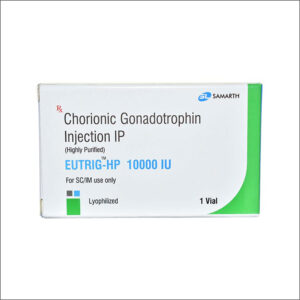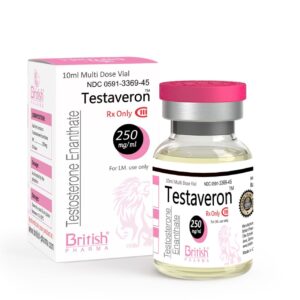Abortion Pill Tracking: Privacy Concerns Over State Monitoring of Misoprostol and Mifepristone
The tracking of abortion pill prescriptions has become a significant privacy concern as several states implement measures to monitor the distribution and use of medications like misoprostol and mifepristone. These drugs, commonly used for medical abortions, have been at the center of legal and ethical debates, particularly following shifts in abortion rights policies in the United States. The increased surveillance has sparked concerns about patient confidentiality, access to reproductive healthcare, and potential legal repercussions for both patients and providers.
Understanding Abortion Pills: Misoprostol and Mifepristone
Medical abortion involves a two-drug regimen: mifepristone, which blocks the hormone progesterone necessary for pregnancy to continue, and misoprostol, which induces uterine contractions to expel pregnancy tissue. This method is considered safe and effective when administered according to medical guidelines. It has been approved by the FDA and is widely used in many countries as an alternative to surgical abortion.
However, with growing state-level restrictions on abortion access, the regulation and distribution of these pills have come under increased scrutiny. Several states have introduced tracking mechanisms to monitor prescriptions, citing concerns over misuse, safety, and legal compliance.

The Rise of State-Level Monitoring
Prescription Surveillance: Some states now require healthcare providers and pharmacies to report prescriptions of misoprostol and mifepristone to state health agencies. This data collection aims to regulate abortion pill access but raises serious privacy concerns.
Telemedicine Restrictions: With the expansion of telemedicine, patients have been able to obtain abortion pills through online consultations. However, some states have banned telehealth prescriptions, requiring in-person doctor visits to track and control distribution.
Legal Risks for Patients and Providers: In states with strict abortion bans, patients who obtain abortion pills illegally may face legal consequences. Additionally, providers and organizations offering support could be at risk of prosecution.
Cross-State Implications: Patients in restrictive states often travel to states with more lenient abortion laws to obtain medication. State monitoring efforts have raised concerns that individuals could be tracked across state lines, further complicating legal and ethical aspects of abortion care.
Privacy and Ethical Concerns
The collection of prescription data raises major concerns about patient confidentiality. Advocates argue that such tracking could deter individuals from seeking necessary healthcare, fearing legal repercussions or breaches of privacy. Key concerns include:
Data Security Risks: Centralized databases containing abortion-related prescription records could be vulnerable to breaches or misuse.
Medical Confidentiality: Patient-doctor confidentiality is a fundamental principle of healthcare, and tracking systems threaten to erode this trust.
Impact on Marginalized Communities: Restrictions disproportionately affect low-income individuals, minors, and those with limited access to in-person healthcare, making reproductive healthcare even more inaccessible.

Alternatives to State Monitoring
To protect patient privacy while ensuring safe access to abortion care, healthcare advocates propose alternative approaches:
Strengthening Data Privacy Laws: Implementing stronger regulations to protect patient data and prevent misuse by state agencies or third parties.
Expanding Legal Protections: Advocating for legal measures that shield patients and providers from prosecution in states with restrictive abortion laws.
Increasing Access to Confidential Care: Encouraging discreet distribution methods, such as mail-order services and encrypted telehealth platforms.
Conclusion
The growing trend of tracking abortion pill prescriptions poses significant challenges to reproductive rights and patient privacy. While proponents argue that monitoring ensures safety and legal compliance, critics emphasize the risks of criminalization, privacy violations, and restricted healthcare access. As legal battles continue, the future of abortion pill availability will depend on evolving policies, judicial decisions, and advocacy efforts aimed at protecting reproductive freedoms.
Our Products
-
HCG 10000 IU
$12.00 / Per Vial
-
Gabapentin 800mg
$2.00 / Per Pill
-
Testosterone Enanthate
$240.00 / Per 10ml





